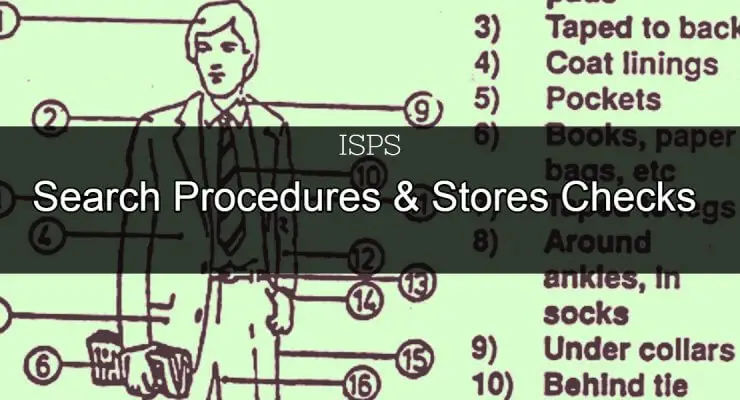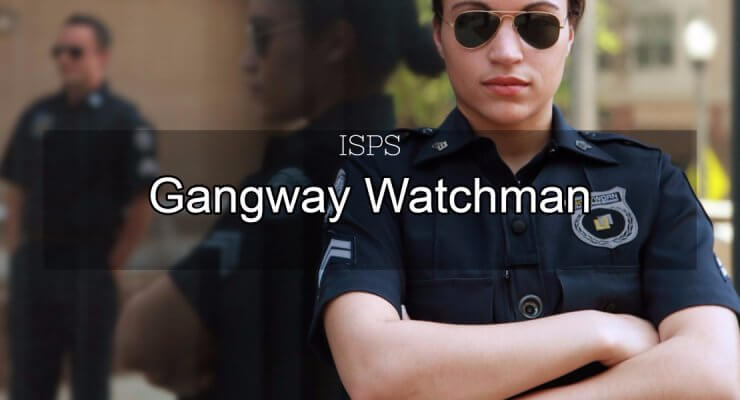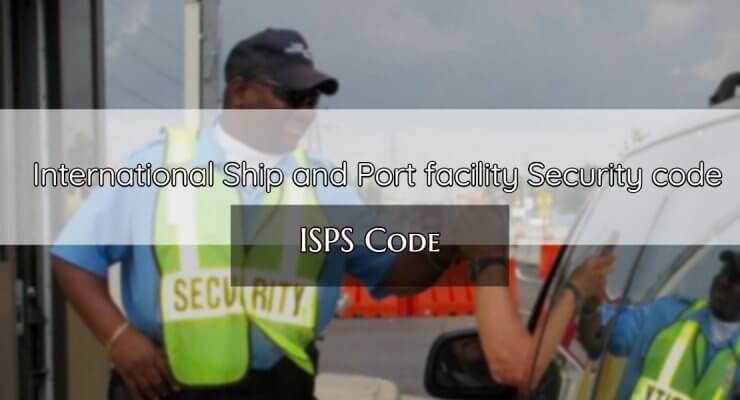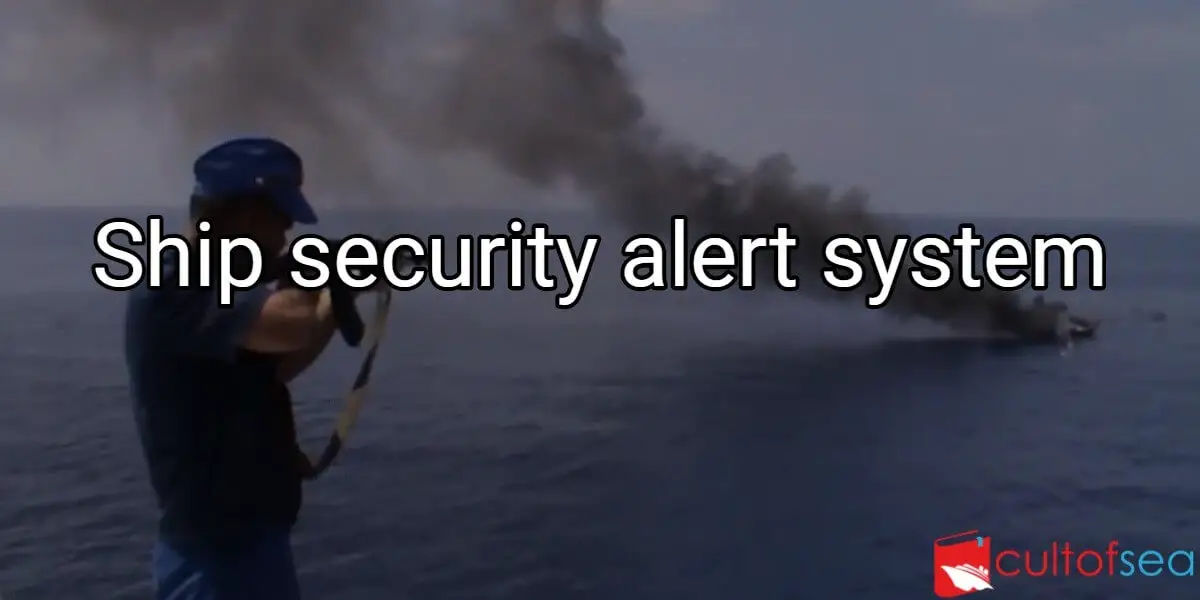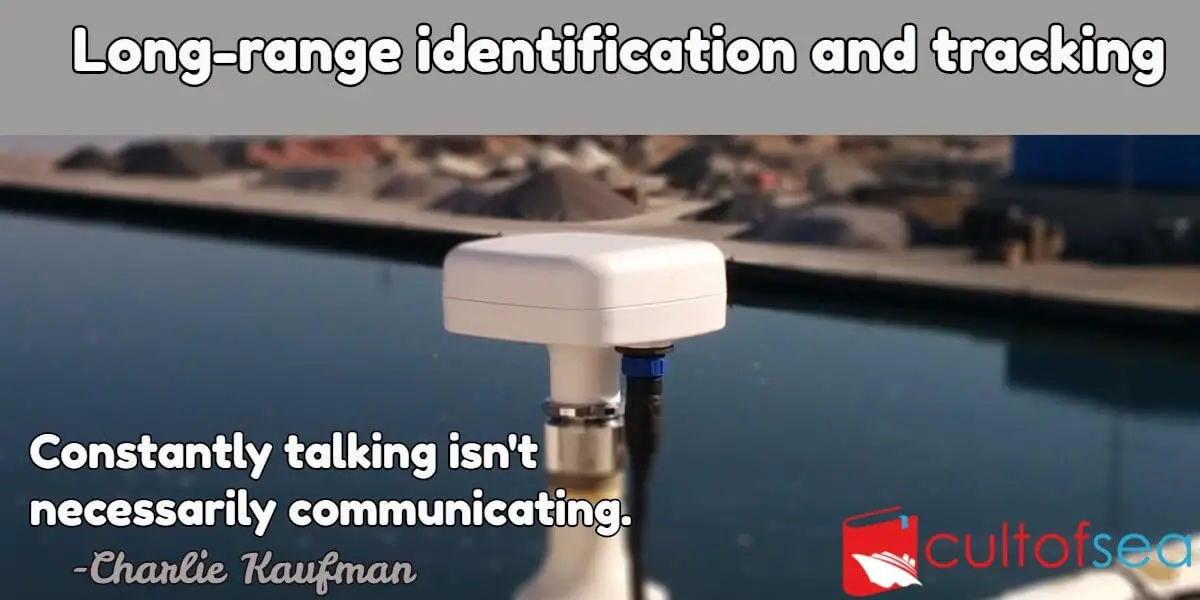The persons who have secreted or otherwise smuggled themselves onboard a vessel or in cargo despite the best efforts of the ship to prevent such persons from coming onboard are known as Stowaways. Stowaway person is detected after the ship has departed from a port and reported as a stowaway by the master to the appropriate authorities. If detected before departure then the person is called an “ Attempted Stowaway ”. Why do people stowaway?For Survival No opportunity available in the nation of origin for work Facing racial discrimination Raising standard of living Criminal … [Read more...]
Search Procedures & Stores Checks – ISPS (Merchant Ships)
All Stores & Supplies to vessel must be checked for content & Security. The Checks should so far as possible be carried out before the items are taken on board. If Unaccompanied luggage or bags are received, they must be checked prior moving them into the accommodation. The Designated area for searching them is on the main deck, adjacent midship stores. The Diagrams illustrate various places that Male & Female visitors could use to smuggle weapons or other harmful devices into the vessel. The following method is to be adapted to Search Visitors: The visitor … [Read more...]
Duties of Gangway Watchman – Merchant Ships
The gangways are manned by a watchman who is responsible to the SSO or OOW. Primary responsibility of a Gangway Watchmanto control access to the ship, control of people and equipment to and from the vessel, searching of personnel and/or baggage, reporting of security incidents or breaches.Additionally, Gangway watchman must be trained for belowGangway access point ALWAYS MUST BE MANNED. If somebody from ship’s staff call for another duty, must be sure, that reliever is available at the gangway. Those on gangway duty must not leave the station until properly … [Read more...]
ISPS code – A measure to enhance the security of Ships and Port facilities
Purpose The International Maritime Organization (IMO) states that "The International Ship and Port Facility Security Code (ISPS Code) is a comprehensive set of measures to enhance the security of ships and port facilities, developed in response to the perceived threats to ships and port facilities in the wake of the 9/11 attacks in the United States" (IMO).SOLAS chapter XI-2 part A and part B relates to special measures to enhance maritime security. In this context, the principles behind ISPS code is similar to the ISM code on board. ISPS code emphasizes the security of the persons on … [Read more...]
Ship security alert system (SSAS)
The ship security alert system is again not a GMDSS communications system but it may be associated with GMDSS equipment installed on a ship. Carriage of SSAS is a requirement under theregulations of chapter XI-2 of SOLAS. The ship security alert system is fitted to a ship for the purpose of transmitting a security alert to the shore to indicate to a competent authority that the security of the ship is under threat or has been compromised.SSAS is a system that contributes to the International Maritime Organization's (IMO)'s efforts to strengthen maritime security and suppress acts … [Read more...]
Long Range Identification and Tracking ( LRIT )
Purpose Long Range Identification and Tracking or LRIT enables a Contracting Government to obtain ship identity and location information insufficient time to evaluate the security risk posed by a ship off its coast and to respond, if necessary, to reduce any risks.Long-range identification and tracking is also not a GMDSS communications system but it may use GMDSS equipment, particularly Inmarsat C terminals. LRIT is the subject of a new regulation included in chapter V of SOLAS which applies to ships constructed after 31 December 2008 with a phased-in implementation schedule for existing … [Read more...]

